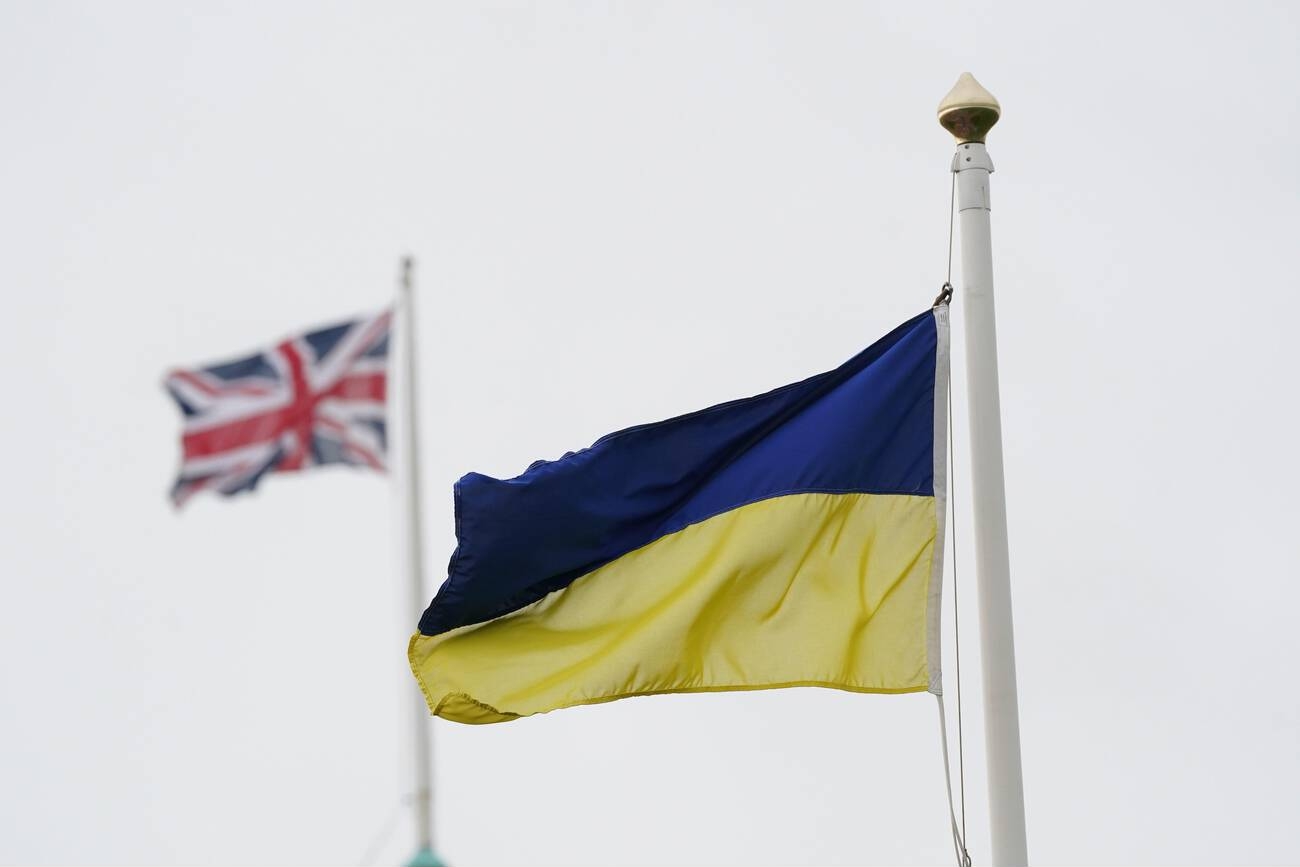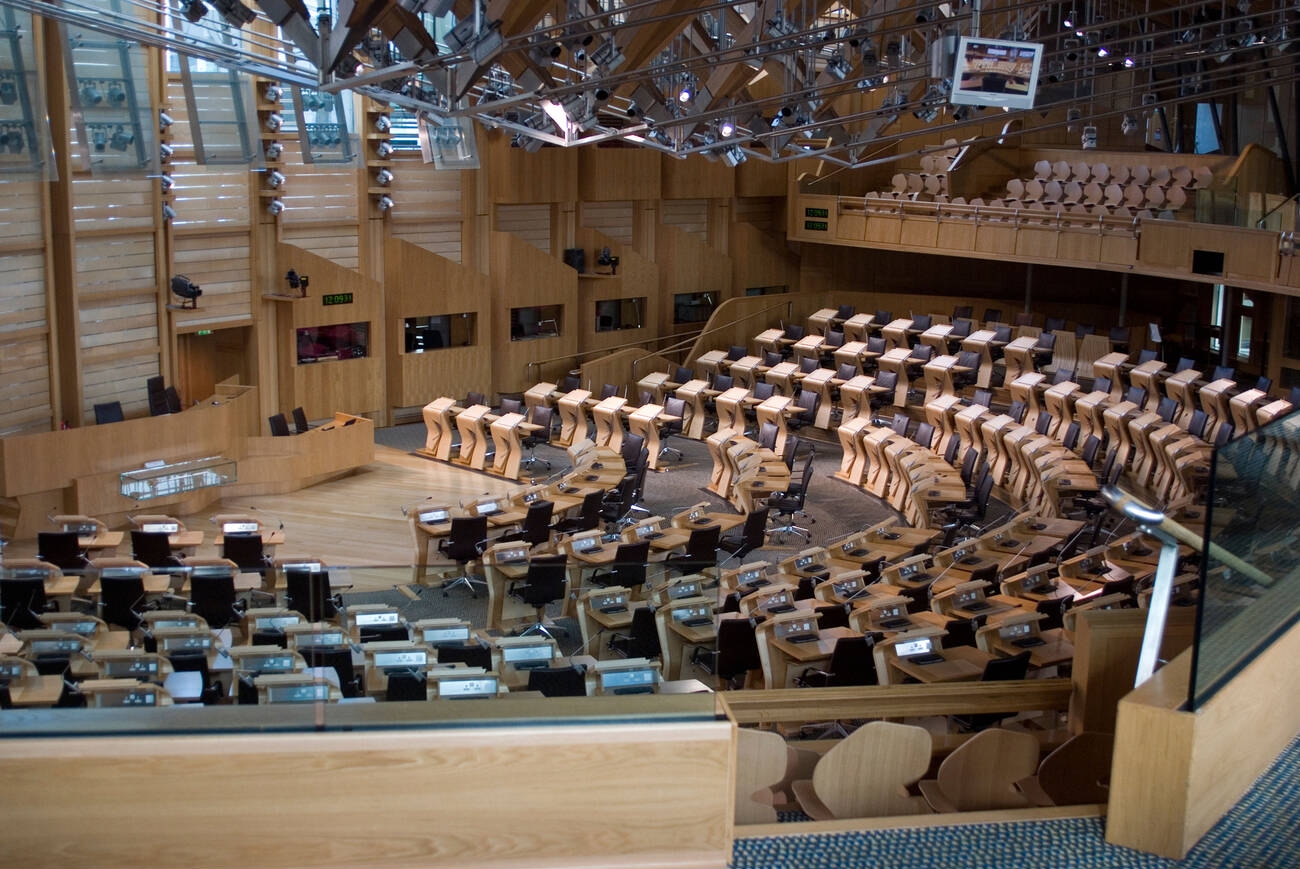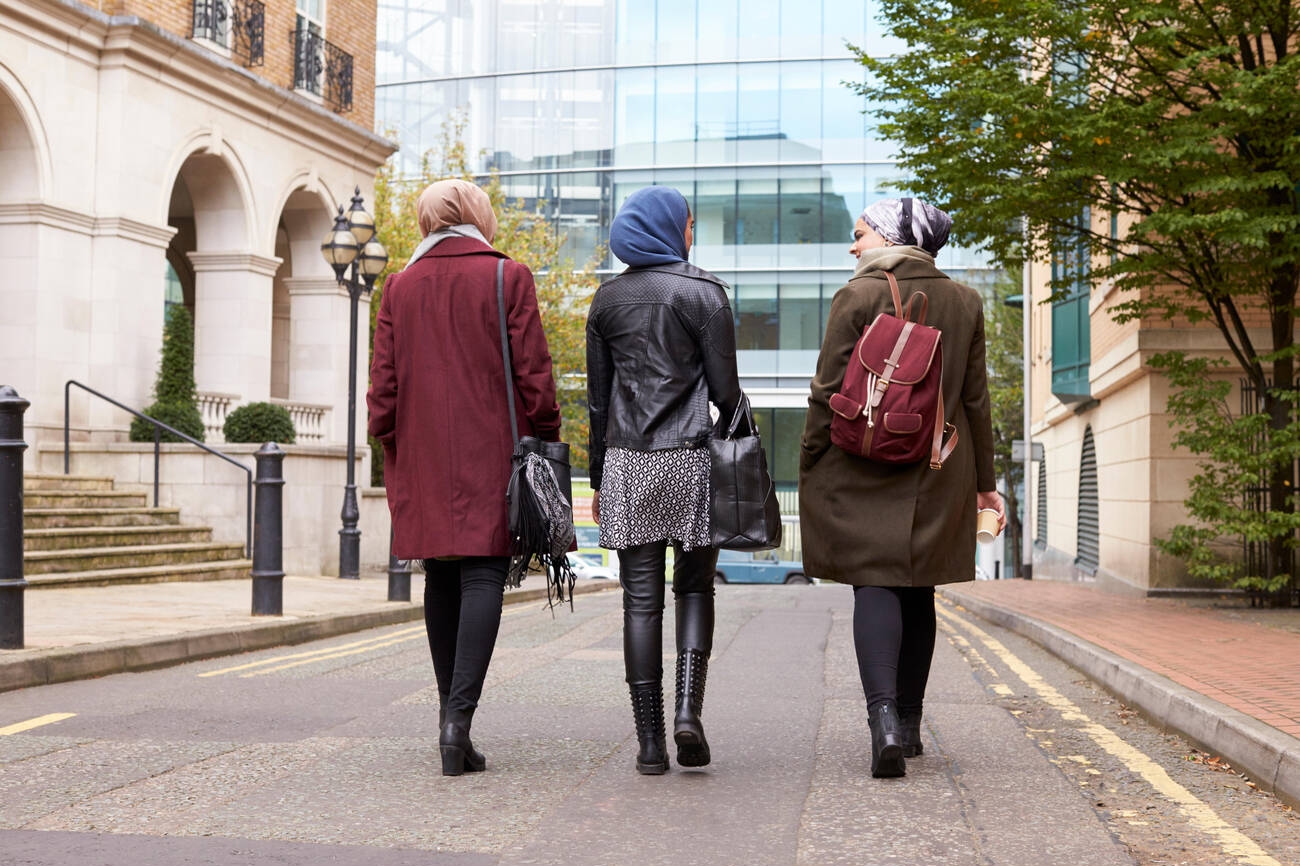The wrong policies of the UK government: increasing homelessness rates among Ukrainian refugees in the UK
The refugee crisis has swept across Europe in recent years. The refugee crisis has negatively affected most European countries.

The refugee crisis has swept across Europe in recent years. The refugee crisis has negatively affected most European countries. The UK is one of these countries. The European Border and Coast Guard Agency (Frontex) recently announced that in 2023, more than 380,000 refugees from different countries have entered the territory of the Union. The latest figures show that homelessness in the UK has worsened over the past five years. Homelessness in The UK is at an all-time high. Many of the UK’s homeless are asylum seekers. Ukrainian asylum seekers are also a large number of homeless people in the UK. This article examines the issue of the UK refugee crisis. The following article will discuss the issue of homelessness rates among Ukrainian refugees in the UK.
Intensification of the homelessness crisis in The UK
The latest report on the worsening homelessness crisis in the UK emphasizes that this is a combination of rising costs and a severe housing shortage. The crisis comes as Keir Starmer vows to end homelessness in the UK. The number of families registered as homeless in the UK has increased by 23% over the past five years. Also, since 2018, there has been a 35% increase in families with children who are homeless or in temporary accommodation in the UK.
Predicting the deterioration of the family situation in the UK
The number of families trapped in inadequate housing in the UK is unprecedented. Forecasts show the worsening of this crisis in the near future. Homelessness in the UK has worsened since the issue was last looked at in 2017. The Homeless Reduction Act was introduced in 2017. However, the number of homeless people is at an all-time high.
Asylum seekers are the leading homeless group in The UK
The main homeless groups in the UK are ethnic and racial minorities, immigrants, and asylum seekers. The high share of children in this crisis is also alarming. On the other hand, studies show that the British police detains them by criminalizing homelessness. According to the Guardian, surveys show that the homelessness crisis in The UK is on the way to getting worse.
The concern of British citizens about the immigration crisis
More than a third of British citizens say they are more concerned about the immigration crisis than any other issue. For the first time since 2016, the immigration crisis is at the top of the list of issues that British people are worried about. This issue was announced by Ipsos polling agency. More than a third of British people (34%) consider immigration to be the biggest problem in their country. After the migration crisis, Britons have expressed concerns about health care, the economy, crime, and inflation.
Facilitating the issuance of visas for Ukrainians after the Russian invasion
Russia’s attack on Ukraine made the UK to facilitate the issuance of visas for Ukrainians. Family visas are issued free of charge to Ukrainian refugees. This visa is valid for three years. A family visa allows them to live, work, and study in this country. People can get such documents if they have relatives in the UK. The sponsorship scheme will enable refugees to go to people willing to host them in their homes. But these are just appearances, and reports suggest that Ukrainian asylum seekers are faring poorly in the UK. Homelessness rates among Ukrainian refugees in the UK have risen very high and have caused concern.
Homelessness crisis of Ukrainian refugees in the UK
Reports suggest that Ukrainian asylum seekers in the UK are at risk of homelessness despite claims of welcome and promises of support. Homelessness rates among Ukrainian refugees in the UK are increasing, contrary to the promises of the UK government. According to the Guardian, the British Red Cross announced that thousands of Ukrainian refugees who entered the country are at risk of homelessness and exploitation. A report by humanitarian organizations shows the failure of British plans to host Ukrainian refugees.
Homelessness rates among Ukrainian refugees in the UK
Homelessness rates among Ukrainian refugees in the UK have increased in recent months. At least 15,000Ukrainian asylum seekers are now homeless after their British sponsors cut off or lost contact. In January, about 160,000 Ukrainians immigrated to The UK under the “Homes for Ukraine” scheme. The London government will pay British landlords £350 ($444) a month to host a Ukrainian citizen or family on a six-month contract. By the end of last August, 4,890 households were homeless or on the verge of becoming homeless under this plan.
Homelessness is several times higher than that of Ukrainians in The UK
Surveys show that Ukrainian asylum seekers in the UK are four times more likely to be homeless than the general population. The British Red Cross called for changes to existing procedures. This problem has arisen due to the breakdown of communication between the Ukrainians and the British hosts and the refusal of the hosts to extend the initial six-month contracts with the Ukrainian refugees. As of December 11, 195,000 UK visa holders from Ukraine have entered the UK. Approximately 30.5 thousand Ukrainian asylum seekers have received long-term residence permits.
The UK unable to provide comfort for Ukrainian refugees
Britain is currently facing a chronic shortage of accommodation for asylum seekers. British citizens do not have to keep Ukrainians in their homes indefinitely. About 400 Ukrainians continue to come to the UK every week. The UK is currently dealing with the problem of lack of housing and is not able to receive asylum seekers. The UK government has not succeeded in providing the comfort of the Ukrainians, and they have terrible living conditions in the UK. The UK government’s plan to accept Ukrainian asylum seekers has failed, and the situation is getting worse day by day. The increase in homelessness rates among Ukrainian refugees in the UK confirms the inability of the UK government to organize this issue.









